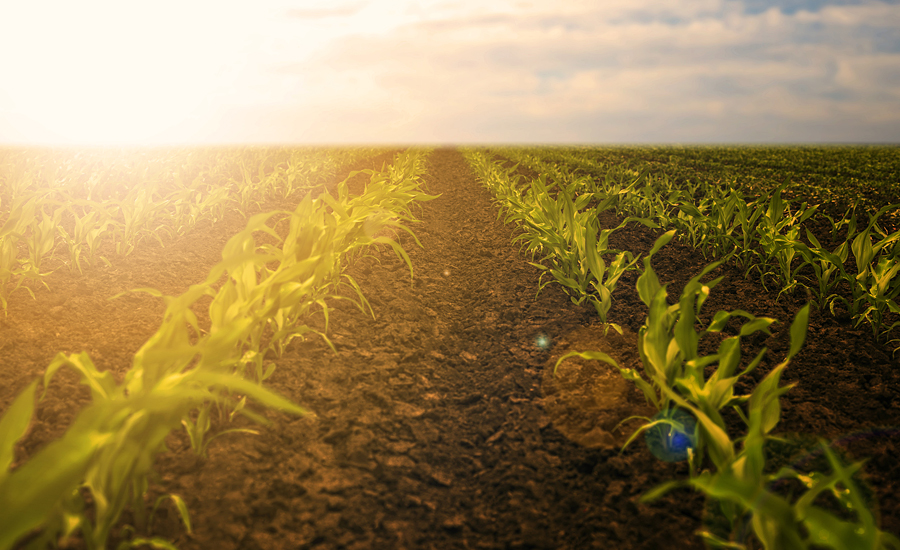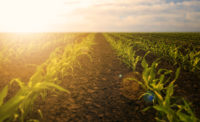Improving diet quality while simultaneously reducing environmental impact is a critical focus for many of today’s consumers. However, metrics linking diet quality and sustainability typically don’t include food waste.
To address this research gap, a research study from PLOS ONE, San Francisco, examined the relationship between food waste, diet quality, nutrient waste and multiple measures of sustainability, such as use of cropland, irrigation water, pesticides and fertilizers.
Researchers collected data on food intake, food waste and application rates of agricultural amendments from diverse U.S. government sources. Diet quality was assessed using the Healthy Eating Index-2015. A biophysical simulation model estimated the amount of cropland associated with wasted food. This analysis found that U.S. consumers wasted 422 grams of food per person daily, with 30 million acres of cropland used to produce this food every year. This accounts for 30% of daily calories available for consumption, one-quarter of daily food (by weight) available for consumption and 7% of annual cropland acreage.
Higher quality diets were associated with greater amounts of food waste and greater amounts of wasted irrigation water and pesticides, but less cropland waste. This is largely due to fruits and vegetables, which substantial amounts of agricultural inputs. These results suggest that simultaneous efforts to improve diet quality and reduce food waste are necessary.









